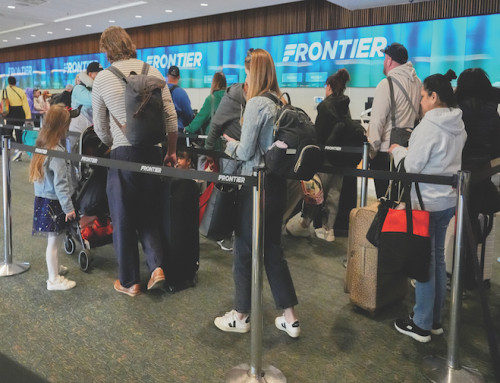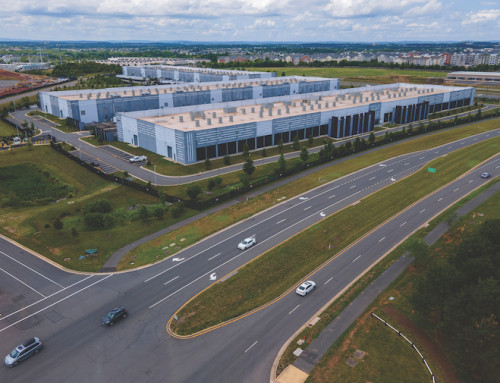LOS ANGELES (AP) — The longest federal government shutdown in history is officially over, but the fallout will continue to hit two groups particularly hard for months to come: federally funded defense lawyers and the people they represent.
Thousands of court-appointed lawyers, known as Criminal Justice Act panel attorneys, along with paralegals, investigators, expert witnesses and interpreters, haven’t been paid since June after federal funding for the Defender Services program fell $130 million short of what the judiciary requested and ran out July 3. They had been told they would receive deferred payment once Congress passed a new budget, but as the government shutdown dragged on, many couldn’t move forward with trials or take on new clients.
Nationally, CJA lawyers handle about 40 percent of cases where the defendant cannot afford an attorney. As many cases have ground to a halt, defendants’ lives have been put on hold as they wait for their day in court. The federal government, meanwhile, has continued to arrest and charge people.
“The system’s about to break,” Michael Chernis, a CJA panel attorney in southern California, said during the shutdown. He hasn’t taken new cases since August and has had to take out a loan to make payroll for his law firm.
Unpaid defense team members in several states said they had to dip into personal retirement savings or turn to gig work, such as driving for Uber, to support their families.
Panel attorneys should begin receiving payment as early as this week. Judge Robert Conrad, the director of the Administrative Office of the U.S. Courts, said in a memo last week that the resolution Congress passed to fund the government through Jan. 30 provided an extra $114 million for the Defender Services program “to address the backlog of panel attorney payments.”
Yet the crisis isn’t over. Conrad has said a spending bill pending for the 2026 fiscal year still is $196 million short and likely will run out of money to pay CJA panel attorneys in June.
Everyone in the United States has the right to due process, including the right to legal counsel and a fair and speedy trial, guaranteed by the Fifth and Sixth Amendments.
Critics of the Trump administration have tried to make the case that it is chipping away at the right. Immigrant advocacy groups have made the allegation in multiple lawsuits. Most notably, they cite the case of Kilmar Abrego Garcia, a Salvadoran man who was living in Maryland when he was mistakenly deported to El Salvador and imprisoned without communication.
President Donald Trump has been circumspect about his duties to uphold due process rights laid out in the Constitution, saying in an interview with NBC’s “Meet the Press” in May that he does not know whether U.S. citizens and noncitizens alike deserve that guarantee.








